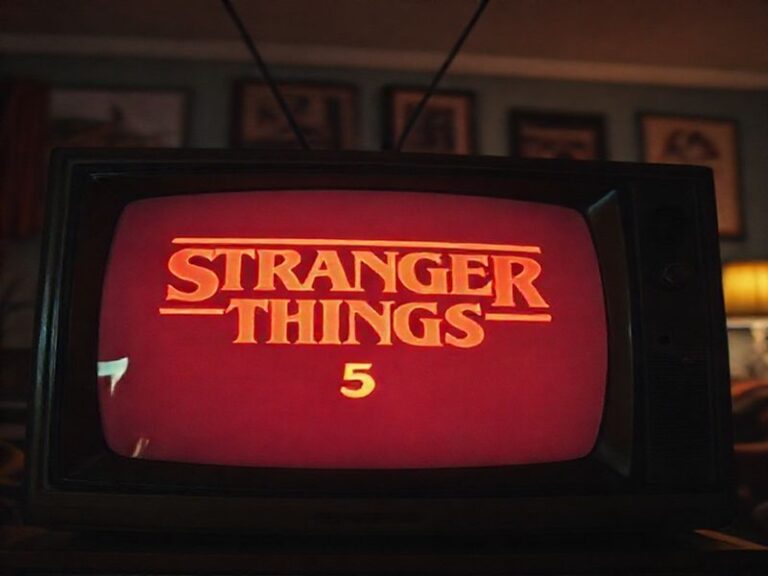From Michigan to Manila: How Bill Pulte Turned Twitter into a Global ATM of Miracles and Memes
Bill Pulte and the Gospel of Twitter Altruism: How One American Heir Became the Global Patron Saint of 280-Character Generosity
By Matteo “Max” Marconi, International Desk, Dave’s Locker
It usually takes a papal conclave, a Nobel committee, or at least a moderately corrupt FIFA vote to anoint a new global philanthropist. Yet in 2024 the title appears to have been bestowed—via retweet—in favor of Bill Pulte, a 34-year-old Michigan grandson who turned a home-building inheritance into the world’s loudest Venmo account. From Lagos barbershops live-streaming his “Twitter philanthropy” to Manila jeepney drivers swapping screenshots of his $100 “flash giveaways,” Pulte has become the first influencer whose charitable brand travels faster than the American deficit.
For readers who missed the spectacle: Pulte pioneered what marketing interns now call “open-source almsgiving.” Drop a heart emoji under his tweet, tag a friend who needs rent, and—abracadabra—PayPal notifications ping like slot-machine cherries somewhere in the Global South. The spectacle has drawn comparisons to everything from medieval indulgences to Oprah’s “You get a car!”—except Pontius Pilate never had to moderate a comment section.
The numbers read like a satirist’s parody of trickle-down economics. Since 2019, Pulte claims to have distributed roughly $1.3 million in micro-grants, a sum that, while generous, is still less than what Manchester United pays its benchwarmers for one awkward wave at the camera. Still, in countries where the median monthly wage is denominated in single-digit Big Macs, a surprise $200 can feel like a low-budget miracle. Naturally, the World Bank has not added “Twitter raffles” to its poverty-reduction toolkit—yet.
International reaction ranges from sincere gratitude to performative outrage, with a side order of opportunism. Brazilian fintechs now hawk “Pulte-style” donation apps, complete with carnival-colored confetti animations every time someone receives $5. In Kenya, M-Pesa marketers brag that their platform can deliver aid “before Bill’s Wi-Fi even buffers.” Meanwhile, European NGOs—those perpetually scandalized swans in Patagonia vests—sniff that Pulte’s model is “unsustainable,” which is NGO-speak for “we didn’t think of it first.”
Critics point out that stochastic charity is the moral equivalent of Tinder for poverty: swipe right on the sob story that tugs your heartstrings tonight, ghost the rest. Others note that every viral drop is free advertising for Pulte’s day job running a private equity shop that buys, flips, and occasionally forecloses on exactly the sort of starter homes his grandfather once built. Nothing says “circle of life” like evicting a family in Cleveland at 9 a.m. and paying another family’s GoFundMe in Cairo at 9 p.m.—all under the same Twitter handle.
Still, the man has stumbled onto something the United Nations has spent decades and billions trying to bottle: immediacy. Bureaucracy moves at the pace of a tranquillized sloth; Pulte moves at the pace of trending hashtags. When floods hit Libya last autumn, the UN launched an appeal, scheduled a pledging conference, and drafted press releases in six languages. Pulte just asked his followers, “Who needs insulin?” and wired funds before CNN could finish its lower-third chyron. It’s not systemic change, but it is systemic shame.
What happens when the novelty wears off? History suggests that viral charity ages like sushi in a glove compartment. Already, copycat accounts promising “$50 to the first 1,000 replies” are metastasizing across TikTok, many of them run by teenagers in Macedonia who understand that hope is the most renewable resource on the internet. Scam victims from Jakarta to Jacksonville are learning the hard way that not every white guy with a checkmark is their personal ATM.
And yet, in a year when global inequality feels as permanent as gravity, the spectacle of an American heir turning his timeline into a slot machine has a certain tragicomic poetry. It won’t fix the climate, cancel anyone’s IMF debt, or make the top 1% suddenly grow a conscience. But for 3.7 seconds—exactly the half-life of a viral tweet—it lets a single mother in Caracas buy antibiotics for her kid while the rest of us doom-scroll in real time.
Call it poverty porn with a conscience, or late-stage capitalism’s participation trophy. Either way, the world now has its first fully crowdsourced patron saint. Miracles sold separately; shipping times may vary.







